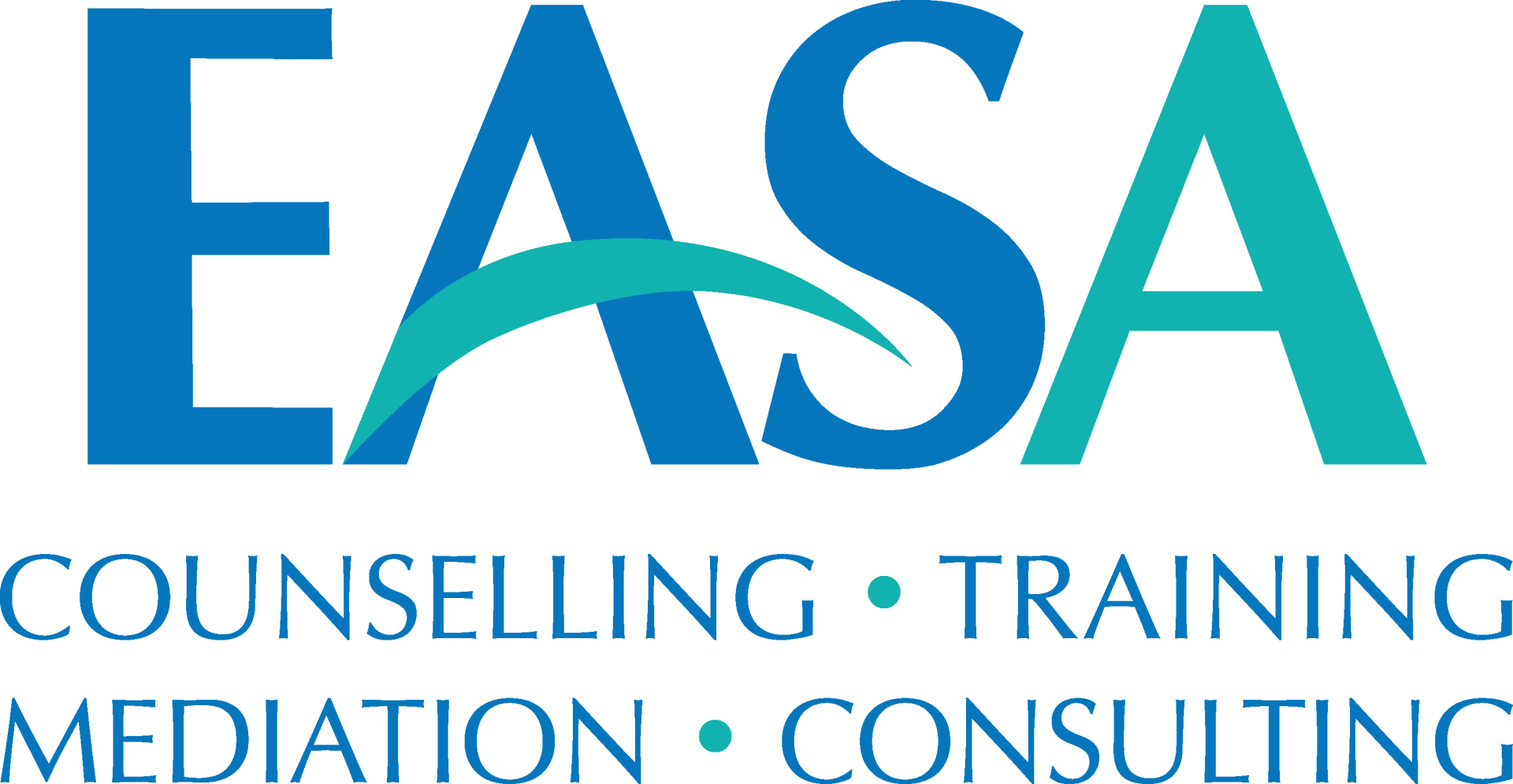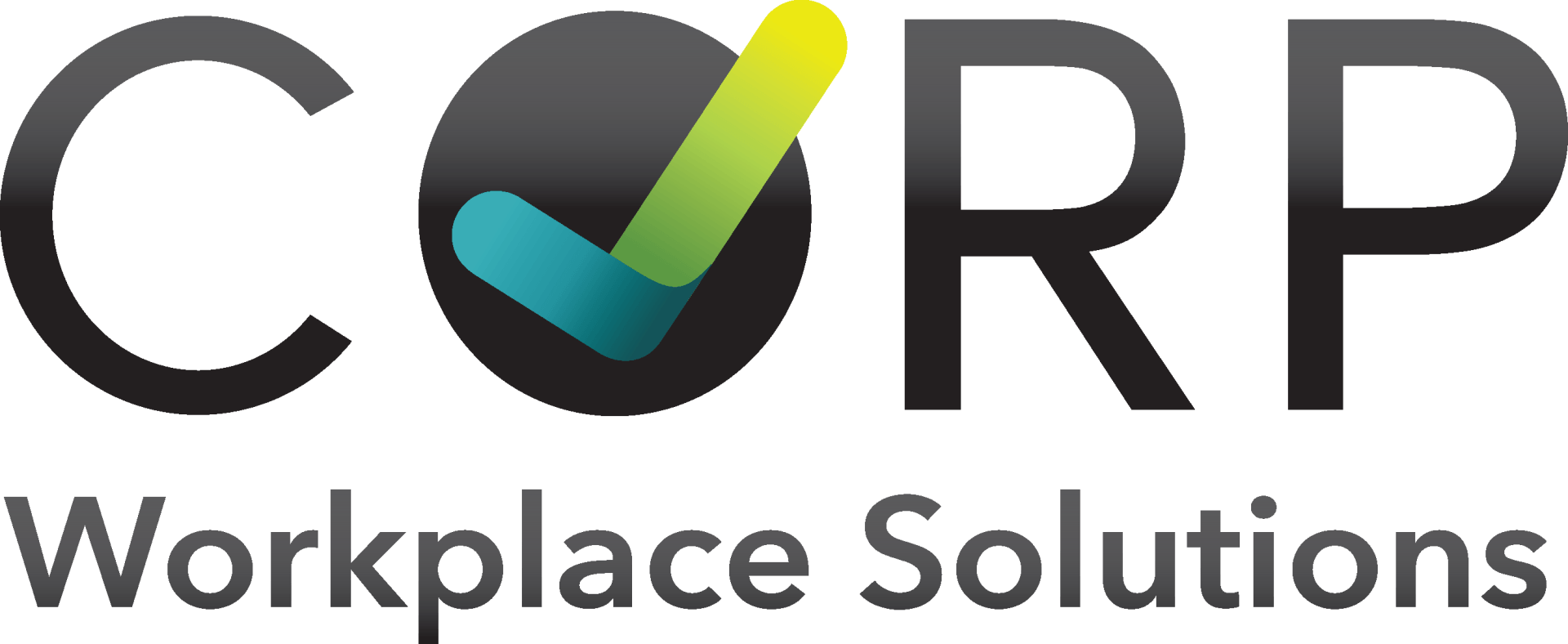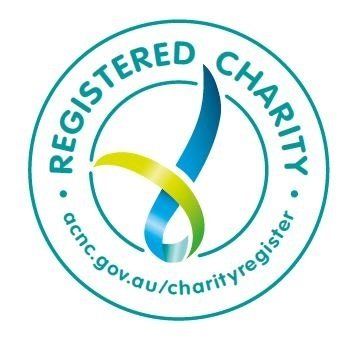“I haven’t felt safe since…”

Here at EASA, we are often informed of and witness to the adverse effects that crime can have on individuals.
Recounts of home invasions and assaults are most common, resulting in people feeling exceedingly unsafe.
Generally, the negative impacts of a crime reduce within several weeks as the brain processes the memory and the associated cognitions/emotions.
For many individuals, life returns to normal (albeit with knowledge gained from the event).
However, being a victim of crime can have significant and varied effects on individuals, both in the short term and long term. Here are some ways being a victim of crime can affect you:
Physical injuries
Depending on the nature of the crime, victims may experience physical injuries or health issues resulting from the incident. These injuries can range from minor cuts and bruises to severe physical trauma.
Emotional and psychological impact
Victims of crime often experience a wide range of emotional and psychological responses, including fear, anxiety, anger, shock, guilt, and post-traumatic stress disorder (PTSD). These can significantly impact their overall wellbeing and quality of life.
Trust and safety concerns
Being victimised can shatter a person’s sense of safety and trust in others. It may lead to heightened vigilance, fear of future victimisation, and difficulty trusting new people or situations.
Impact on daily life
Crime can disrupt various aspects of a person’s life. Victims may experience difficulties in sleeping, concentrating, or performing everyday tasks. They might also face challenges in work, relationships, and overall functioning.
Financial burden
Victims of crime may encounter financial consequences, such as medical expenses, property damage, or loss of income due to the aftermath of the crime. The financial burden can add to the stress and challenges they face.
Social and relational impact
Victims may experience social isolation, strained relationships, or changes in their social dynamics. They may feel disconnected or struggle to relate to others who have not experienced similar trauma.
Loss of sense of control
Being victimised can result in a loss of control over one’s life and circumstances. This loss can lead to feelings of powerlessness, vulnerability, and a diminished sense of self-worth.
Impact on future behavior
Some victims may develop avoidance behaviours, such as avoiding certain places or activities associated with the crime. They may also become hypervigilant or adopt self-protective strategies to minimise future risks.
It is important to note that the impact of crime can vary from person to person, and individuals may respond differently based on their resilience, support systems, and personal circumstances.
Seeking professional help, such as therapy or counselling, can be beneficial in coping with the effects of being a victim of crime, and EASA can help.
Our clinical team, which includes Psychologists, Accredited Counsellors, and Social Workers, are trained to treat the aforementioned symptoms and are committed to improving their client’s psychological wellbeing. When you call, simply ask our administration team to see a trauma professional.
Given that EASA is currently contracted with over 150 organisations across the Northern Territory, your recovery may be covered by your Employee Assistance Program.
Alternatively, you can attain a Mental Health Care Plan (or Medicare Referral) from your GP, which reduces cost.
EASA practices in Darwin, Alice Springs, Katherine, and Gove.
We offer online or phone counselling, evening appointments, and are available on Saturdays so you can access support wherever and whenever you require. Call us today on 08 8941 1752






